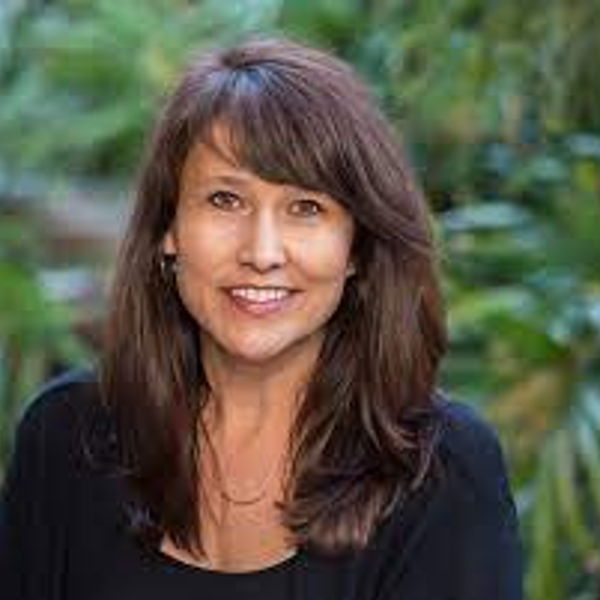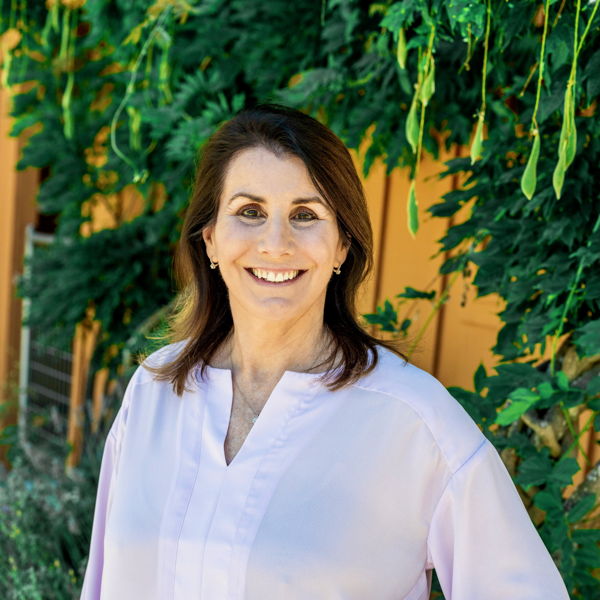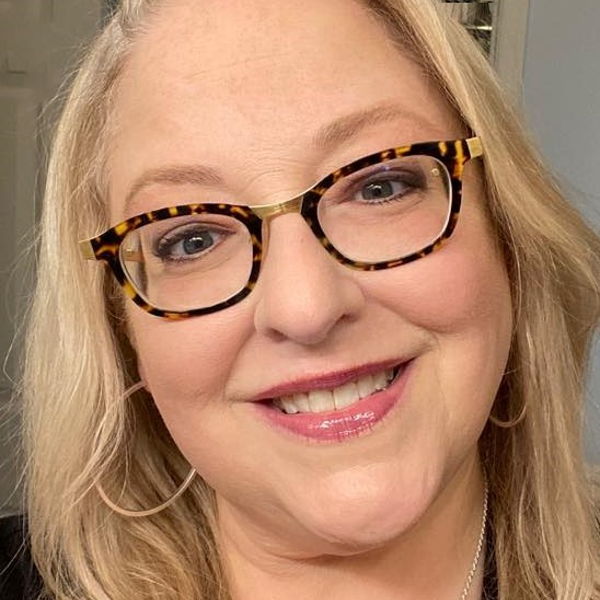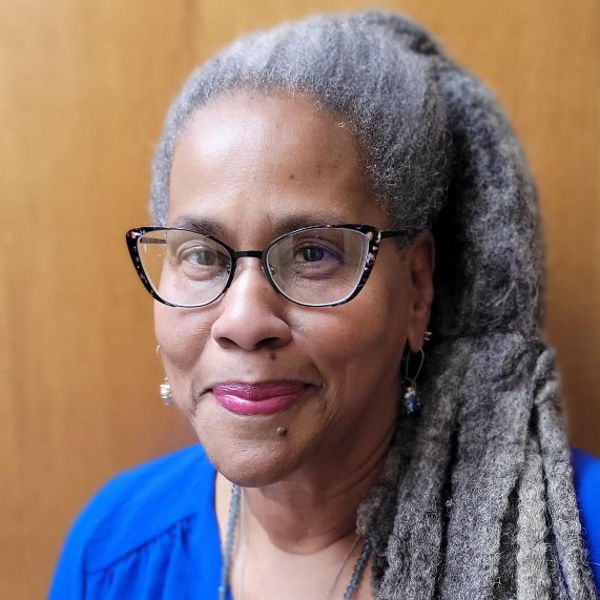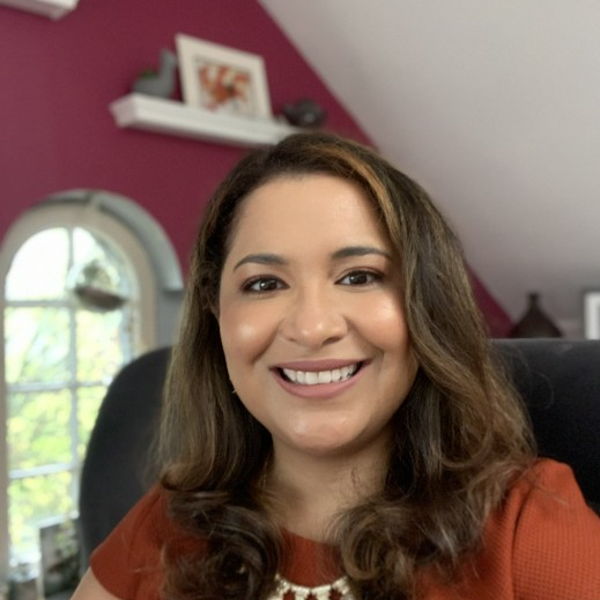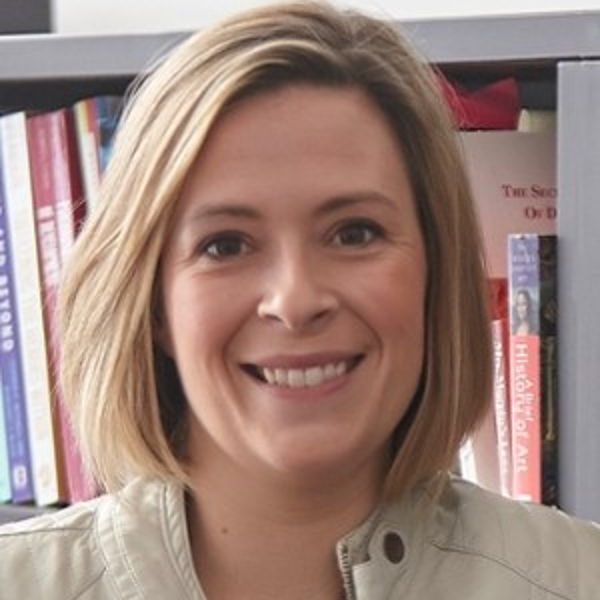The April 2024 conference has been repackaged with bonus content, 11 sessions with approximately 14 hours of training! Dr. Richard Schwartz, the founder of IFS, provided a half-day training and overview of the IFS model as it relates to clients struggling with eating disorders and includes experiential exercises. This session was followed by a day and a half of experiential and didactic workshops. The topics revolved around the treatment and healing through the IFS lens. Take a look at some highlights: 2024 highlights Internal Family Systems (IFS) has been gaining widespread popularity because it offers an effective, evidenced-based alternative to traditional talk therapy. IFS applies a systemic view of the mind through which all behaviors can be understood. IFS recognizes that extreme behaviors are fueled by psychological burdens caused by trauma, attachment wounds, boundary violations, and devaluing or painful experiences. This two-day conference will educate and demonstrate how IFS can be a powerful approach in the treatment of eating disorders. Sessions/Recordings Introduction to and Overview of the IFS Model - Dr. Richard Schwartz, Ph.D Healing From Within:Comparing IFS to Conventional Methods in the Treatment of Eating Disorders and Disordered Eating, Marcella Cox, LMFT, CEDS-S, Theresa Chesnut, LCSW, CEDS-S Live Demo - Dr. Richard Schwartz, Ph.D Unblending to Help Others Heal Food & Body-Related Burdens, Dr. Jeanne Catanzaro, Ph. D Panel of Lived Experience - In and out of the Field - Iness Panni, RN, BSN, MSN, Dr. Angela Mensah, PhD, Chevese Turner, Dr. Erikka Dzirasa Taylor, MD, MPH, DFAACAP First Do No Harm - The Treatment of Binge Eating Disorder from an Internal Family Systems Lens - Amy Pershing LMSW, ACSW, CCTP-II An Embodied Approach to Healing with Somatic IFS - Marcella Cox, LMFT, CEDS-S Special Dietitian Track: Getting Started with IFS for the REgistered Dietitian & Practice using the first steps of IFS - Katy Cox, MPH RDN LD, Molly Kellogg, RD, LCSW, Kayla Stanton, MS, RDN, CEDS The Integration of IFS and ERP Therapies for Comprehensive OCD/ED Spectrum Disorders - Katie Thompson, LPC, CEDS Embodying Recovery: The Use of IFS and Drama Therapy in Eating Disorder Treatment - Dr. Laura Wood, Ph. D, LMHC, RDT/BCT Shifting our Views: Using IFS and Creativity to Enhance Body Image - Salicia Mazero, MA, LPC, ATR, CED-S, Eileen Misluk-Gervase, MPS, LPC, ATR-BC, LMHC, CEDS
* Please note CE's are not available, a certificate of completion (14 Hours) will be provided.

